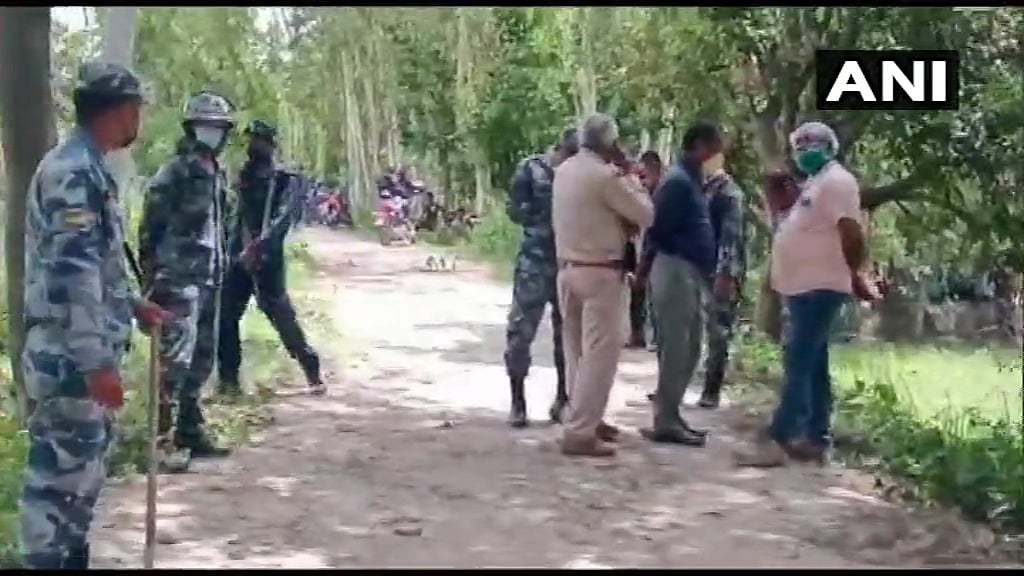Nepal Parliament's special session began on Saturday to discuss a key Constitution amendment bill tabled by the government to revise the country's political map, laying claim over the strategically key areas of Lipulekh, Kalapani and Limpiyadhura along with border with India, despite strong protest by New Delhi.
The House of Representatives opened the discussion on the amendment bill which will be put for voting after the deliberations are over, said spokesman at the Parliament Rojnath Pandey.
He said the House has been working to put the bill to vote on Saturday.
Endorsement of the bill is certain as the Opposition Nepali Congress and Janata Samajwadi Party-Nepal have vowed to back for the government bill to amend Schedule 3 of the constitution to update the national emblem by incorporating the new map, sources said.

The bill will be endorsed through a consensus, a senior minister told PTI.
Two-thirds majority of the 275-member Lower House is required to pass the bill.
Once the bill is passed by the Lower House, it will be sent to the National Assembly where it will undergo a similar process.
The NA will have to give lawmakers 72 hours to move amendments against the bill's provisions, if any.
After the National Assembly passes the bill, it will be submitted to the President for authentication, after which the bill will be incorporated in the Constitution.
On June 9, the Parliament unanimously endorsed a proposal to consider the bill to pave way for endorsing the new map.
The government on Wednesday formed a nine-member team of experts to collect historical facts and evidence related to the area.
Diplomats and experts, however, questioned the government's move, asking why the task force was formed when the map has already been released and approved by the Cabinet.
The ties between India and Nepal came under strain after Defence Minister Rajnath Singh inaugurated a 80-km-long strategically crucial road connecting the Lipulekh pass with Dharchula in Uttarakhand on May 8.

Nepal reacted sharply to the inauguration of the road claiming that it passed through Nepalese territory. India rejected the claim asserting that the road lies completely within its territory.
Nepal last month released the revised political and administrative map of the country laying claim over the strategically key areas. India has been maintaining that these three areas belonged to it.
India sternly asked Nepal not to resort to any "artificial enlargement" of territorial claims after Kathmandu released the new map.
Prime Minister K P Sharma Oli earlier this month said that his government will seek a solution to the Kalapani issue through diplomatic efforts and dialogue on the basis of historical facts and documents.
"We will get back the land occupied by India through holding a dialogue," Oli said while responding to questions in Parliament on Wednesday.










